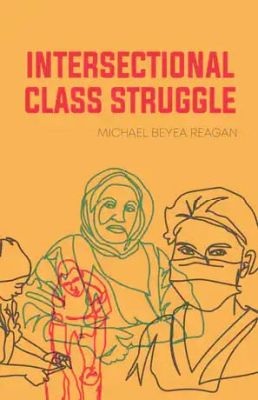This innovative study, explores the relevance of class as a theoretical category in our world today, arguing that leading traditions of class analysis have missed major elements of what class is and how it operates. It combines intersectional theory and materialism to show that culture, economics, ideology, and consciousness are all factors that go into making 'class' meaningful. Using a historical lens, it studies the experiences of working class peoples, from migrant farm workers in California's central valley, to the 'factory girls' of New England, and black workers in the South to explore the variety of working class experiences.

